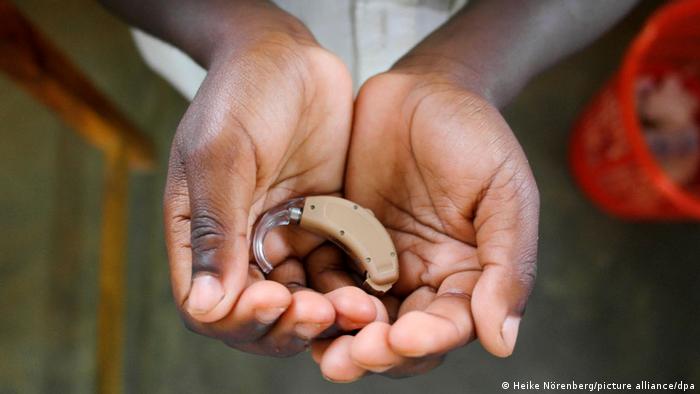PEOPLE have been urged to be on the lookout for signs of mouth cancer as cases soar.
Rates of the illness have doubled, with 8,864 cases being diagnosed last year, data from the Oral Health Foundation shows.
This is an increase of 34 per cent compared to ten years ago.
Around 3,034 people in the UK lost their life to mouth cancer last year – a rise of 20 per cent in the last five years.
Dentist have urged people to become more aware of the main symptoms of the disease.
Posting to TikTok, Dr Vikas Prinja, who practices at Apple Dental Studios in Pinner, London said: “Mouth cancer rates are soaring and it’s got a poor survival rate because it’s caught so late.”;
He explained that the four signs you need to know include:
- An ulcer that’s not healing
- Numbness and tingling of the lips, chin or tongue
- White or red patches on the inside of your mouth
- Unexplained wobbly teeth
When it comes to the biggest risk factors of mouth cancer, Dr Neil Sikka, dentist at Bupa Dental Care added that there are some things patients need to be aware of.
“Generally, alcohol and tobacco use are considered the highest risk for developing mouth cancer.
“There is also evidence to suggest that infection with HPV (Human Papillomavirus) can be a precursor to oral cancer.
“Another attributing factor is poor oral health – if there are broken or jagged teeth then they can cause ulcers in the mouth, which may become cancerous if they are unable to heal.
“Meanwhile, overexposure to the sun can increase the risk of lip cancer, so patients should remain vigilant during the summer,”; he said.
Dr Sikka said that during patient checkups, dentists are on the lookout for potential signs.
He explained that all dentists also include an oral cancer screening as part of your usual check-up.
As part of this they will examine the patient’s head and neck, inside their mouth, cheeks, lips, tongue (including under the tongue), back of the throat, and gums and teeth.
“In some instances, you may also receive an X-ray, which will give your dentist a clear view of possible changes to structures,”; he added.
DIY CHECKS
In addition to regular check ups with the dentist, Dr Sikka explained that there are some things people can do at home.
He said: “It’s quick and easy to examine your mouth and everyone over the age of 16 should be doing regular at-home check-ups.
His first tip, he said, is to lift your tongue up and look for any unusual colour changes in your mouth.
Dr Sikka explained: “Use your index finger and press along the floor of your mouth and beneath your tongue to feel for any swelling, lumps, or ulcers.”;
Next, he said, you can open your mouth and pull your cheeks outwards.
He added that here you are looking for any red or white patches on the inside of your cheeks.
“You can also use your index finger to check for ulcers, lumps, or tenderness,”; he said.
The expert also said you can use your thumb and forefinger on the inside and outside of the gum, moving slowly around your mouth to feel for anything unusual.
Another check you should perform, he said, is pulling your upper lip upwards and bottom lip downwards to look inside the mouth for any sores or changes in colour.
“Use your thumb and forefinger to feel around your lips for any lumps or bumps,”; he advised.
Finally, Dr Sikka said you should also examine your face and jaw for any swelling that you hadn’t noticed before.
“Can you see any moles that have become larger? Run your fingers along the jaw on both sides to feel if your face feels symmetrical,”; he added.
If you have any concerns you should see your dentist or GP, in the event of an emergency, always call 999.




